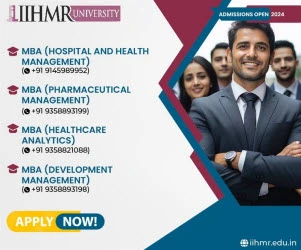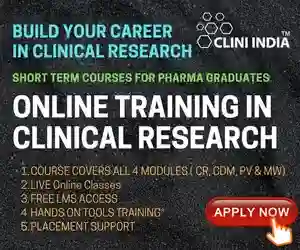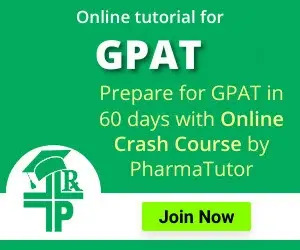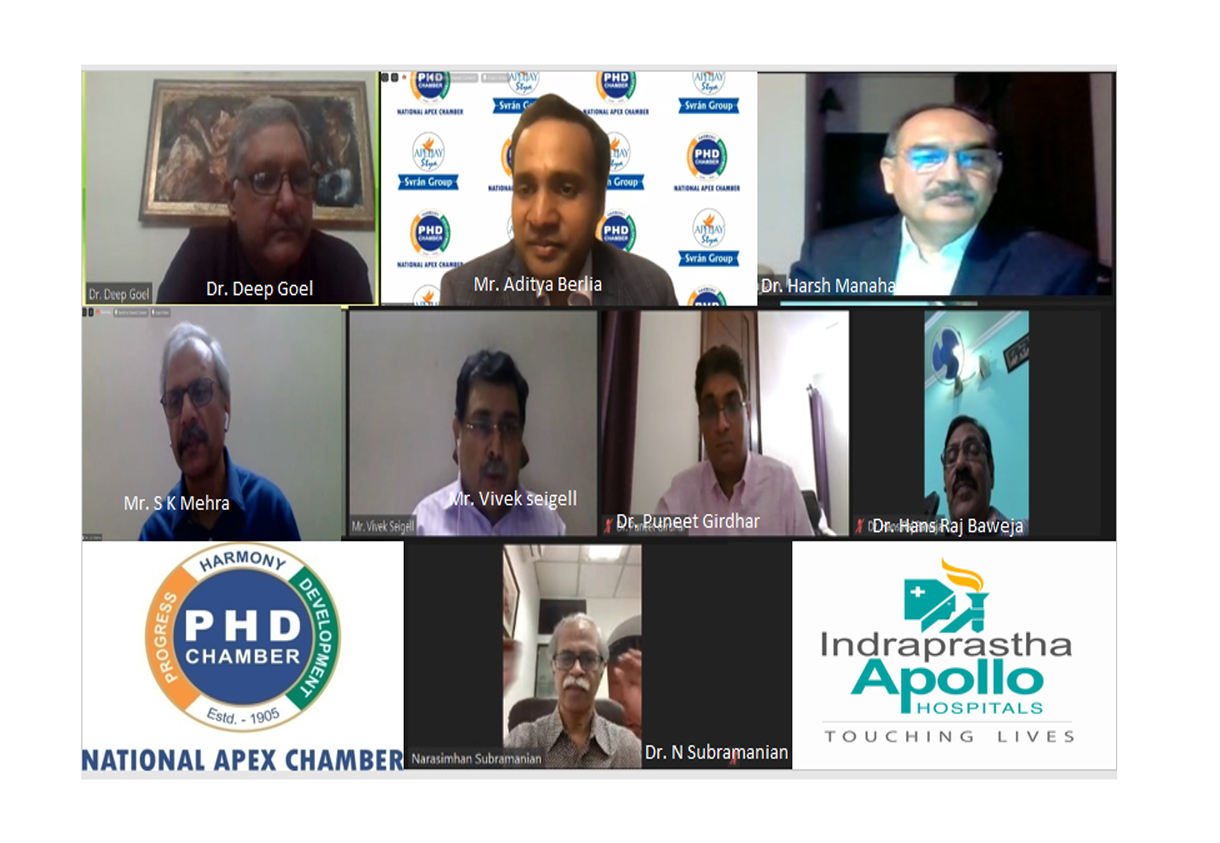
PHD Chamber of Commerce & Industry, Health Committee organized an interactive video conference of series on "Digital Health: The Future: Telemedicine-Where do We Stand Today" on 29th May 2020.
During the discussions with experts from hospitals, MCI, Industry, academia and the radiology and health insurance experts thanked the Govt for guidelines on Telemedicine making it legal for the doctors in India while demanding the Regulatory framework for Telemedicine for International patients as well. They also opined that with AI under supervision of the Clinicians, Telemedicine can extend health support to the rural patients and we could see 20-25% of healthcare being provided through Telemedicine
The eminent panellists of the webinar were Dr. N. Subramanian, Chairman, Health Committee, PHDCCI & Director, Medical Services, Indraprastha Apollo Hospitals, Mr. Aditya Berlia, Co-Founder & Pro Chancellor, Apeejay Satya University, Dr. Hans Raj Baweja, Chairman, Ethics Committee, Medical Council of India, Dr. Harsh Mahajan, Founder & Chief Radiologist, Mahajan Imaging, Dr. Puneet Girdhar, Sr. Director & Spine Surgeon, BLK Super speciality Hospital, Mr. S K Mehra, Managing Director & CEO, Health Insurance TPA of India.
Dr. N. Subramanian, Chairman, Health Committee, PHDCCI & Director, Medical Services, Indraprastha Apollo Hospitals welcomed all the panellist and said that telemedicine plays a very important role in our lives to reach out to everyone and it is expanding & getting better every year. The risk of NCDs are so high for the treating doctors that the awareness and prevention is the only way to avoid complications where telemedicine and AI play a major role to make the data available and stratifying the risks. It can also manage the algorithms in treating patients with high risk demographics where the Government has the access to real time data and the changing patterns of the disease. Dr. Subramanian advised young practitioners who are keen to adopt the telemedicine technology that it is very important to have certain amount of discipline and they should establish a relationship and trust with the patients esp. for incase of Telemedicine.
Dr Harsh Mahajan, Founder & Managing Director, Mahajan Imaging while briefing about the tele-radiology said that the computing and internet availability improves exponentially the effectiveness of Telemedicine as also reduces the cost drastically of healthcare delivery. He said we will be able to serve the underprivileged sections of the society and remote areas through Telemedicine. He further said that with the advent of Corona, telemedicine has become the necessity where technology helped us a lot to fight this crisis. He also told that telemedicine and AI make work easier and it will become indispensable in coming years but it has to be under supervision of a clinician. Answering to one of the questions from audience, Dr. Mahajan said that telemedicine is here to grow exponentially and serve the multiple purpose like diagnosis, training, education and serve the agenda of preventive measurement. He further added that apart from teleradiology, telemedicine can be used in digital pathology, dermatology, ophthalmology and many other segments.
Mr. Aditya Berlia, Co-Founder & Pro Chancellor, Apeejay Satya University said that the doctor to patient ration in urban area is around 1:10,000 and in rural area it is worst at 1:30,00,00 and this is a worldwide scenario. The Covid-19 has changed the patient & doctor psychology at large and 20-25% medical system will move to telemedicine in coming years. He also said that Covid 19 had given a massive boost to telemedicine and there is an urgent intervention needed from the regulatory part as there is a problem with the data collection part. He further added that in next one year there will be a tremendous use of telemedicine for quick follow-up consultations, consultations by patients who panic and 2nd opinion consultations for referral patients and if we are able to do this then it is a phenomenal achievement.
Dr. Hans Raj Baweja, Chairman, Ethics Committee, Medical Council of India said that there were lot of legal limitations we faced before Covid era as telemedicine is existing and practiced in other countries but never recognised in India. Its only due to this Corona pandemic on 25th March 2020 the telemedicine guidelines were finalised which says that every doctor in India can go on telemedicine platform in India. Explaining the key points of telemedicine guidelines, like mandatory patient consent, mandatory patient identity as it is difficult to identify the patient in audio consultations, taking of history & entering all the details in the prescription, Dr. Baweja said that it is mandatory for doctors also to introduce themselves at the time of consultation and only generic medicines should be prescribed.
Dr. Puneet Girdhar, Sr. Director & Spine Surgeon, BLK Super speciality Hospital said that in the past everyone knew about telemedicine but due to legal limitations, patient psychology and other complications very few were using it and now with the Corona Virus hitting changed even hospitals have come up with their individual telemedicine apps.
Mr. S.K. Mehra, Managing Director & CEO Health Insurance TPA of India said that there’s huge demand of Telemedicine among doctors in coming years. He said this is the right time to start and set some protocols & regulations, which will also help in the expansion of the Telemedicine. He said this concept will certainly help the senior citizens, where they require general consultation or normal follow up for the medicine. Mr. Mehra also explained about the existing insurance policies and the important aspects of telemedicine consultation coverage in the insurance.
While moderating the session Dr. Deep Goel, Senior Director, Dr. B L Kapur Memorial Hospital said that the mother earth is under repair and the social distancing will be the new normal in coming times.
Mr Vivek Seigell, Principal Director Health, PHD Chamber who moderated the session with Dr Deep Goel said that the recommendations and details of the discussions held will be sent to NITI AAYOG as policy inputs on various aspects of Telemedicine esp. for the consulting for International Patients.
Dr. Subramanian, Chairman, Health Committee, PHDCCI gave the Vote of Thanks and the webinar was attended by more than 100 delegates.
<< Back to Pharma News
Subscribe to PharmaTutor News Alerts by Email
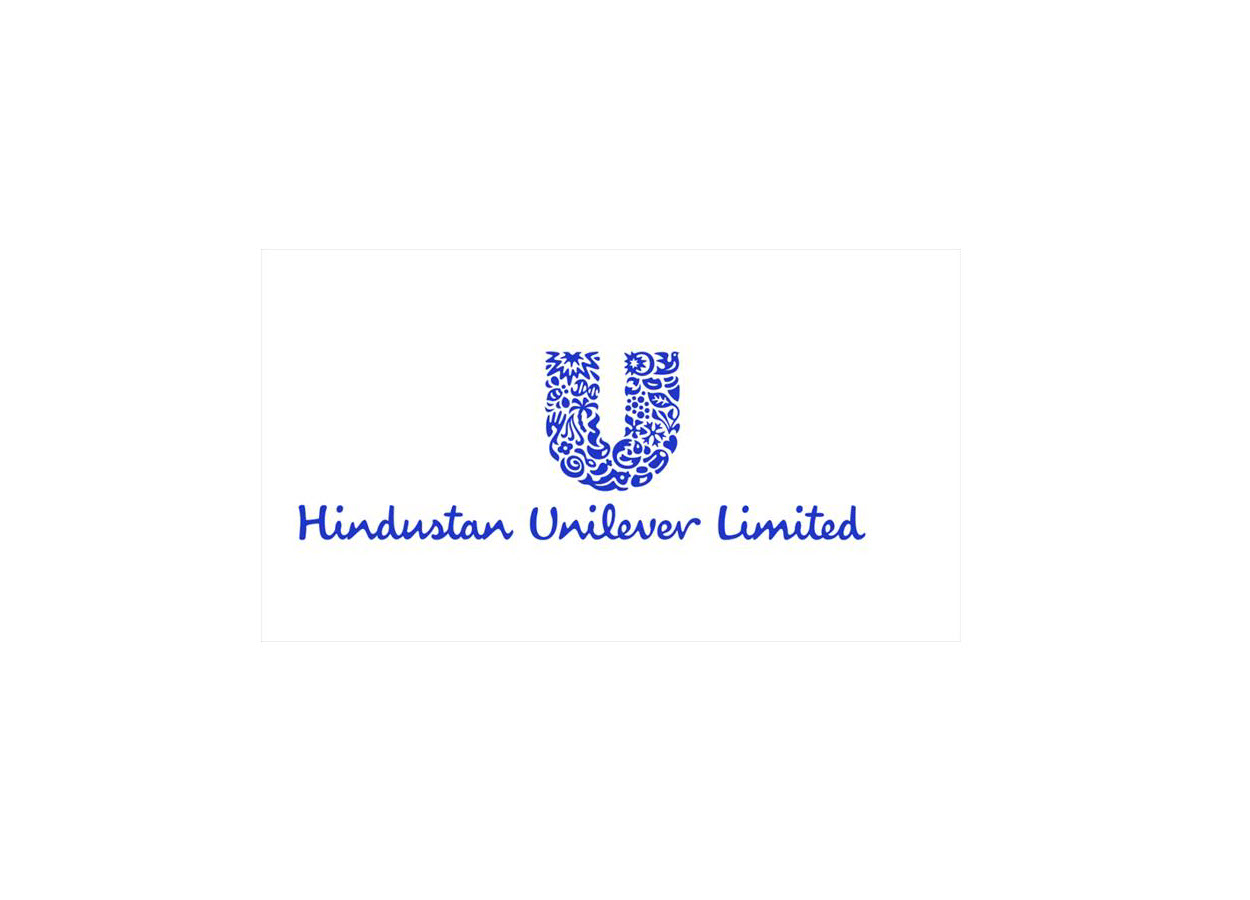



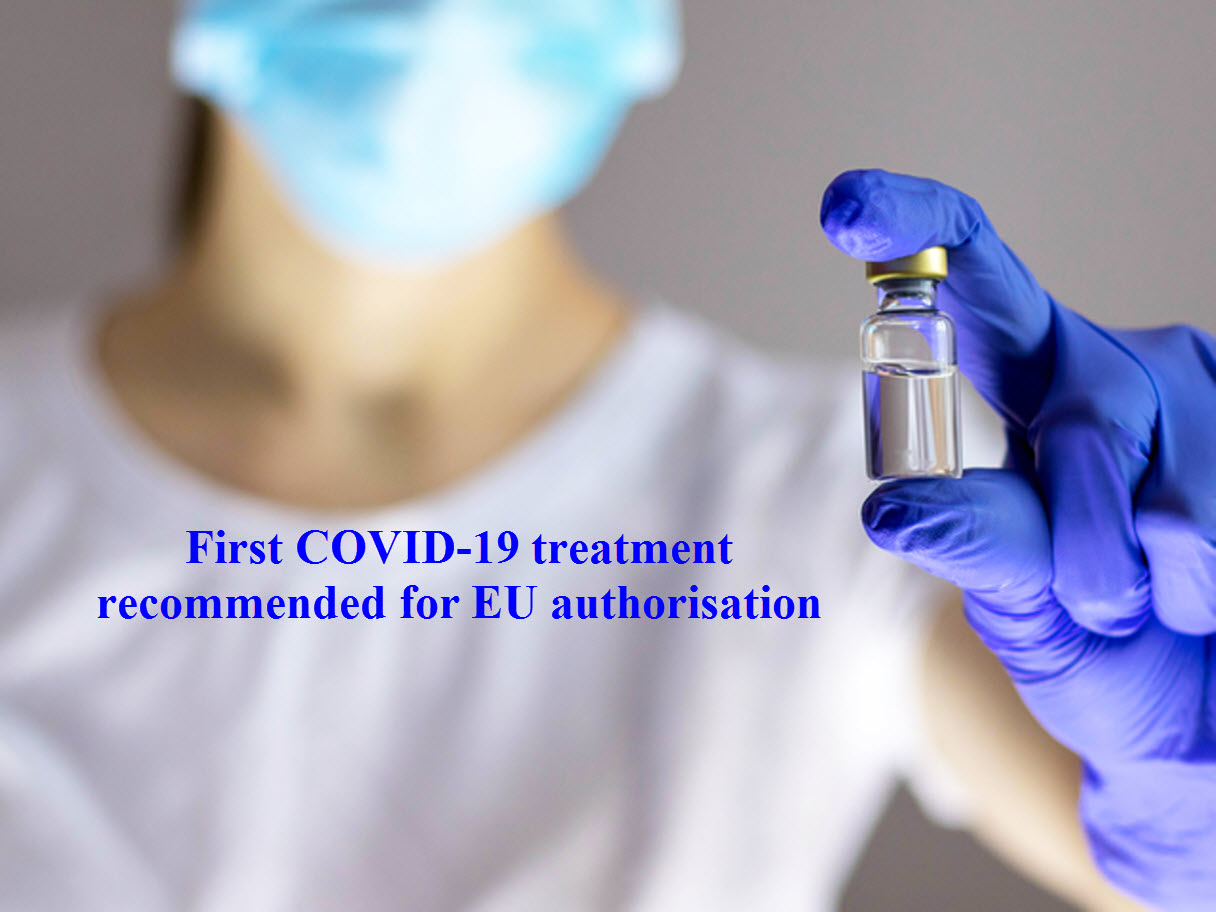
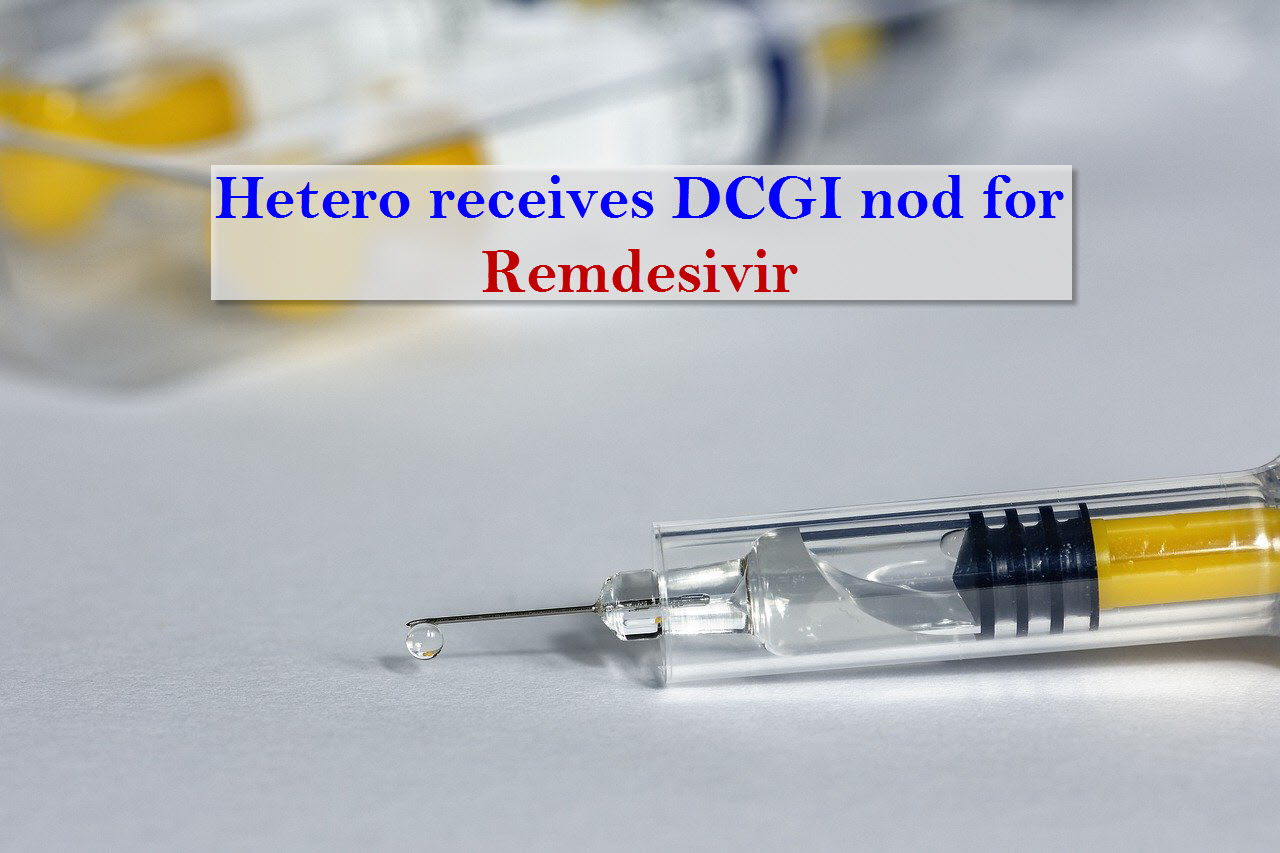
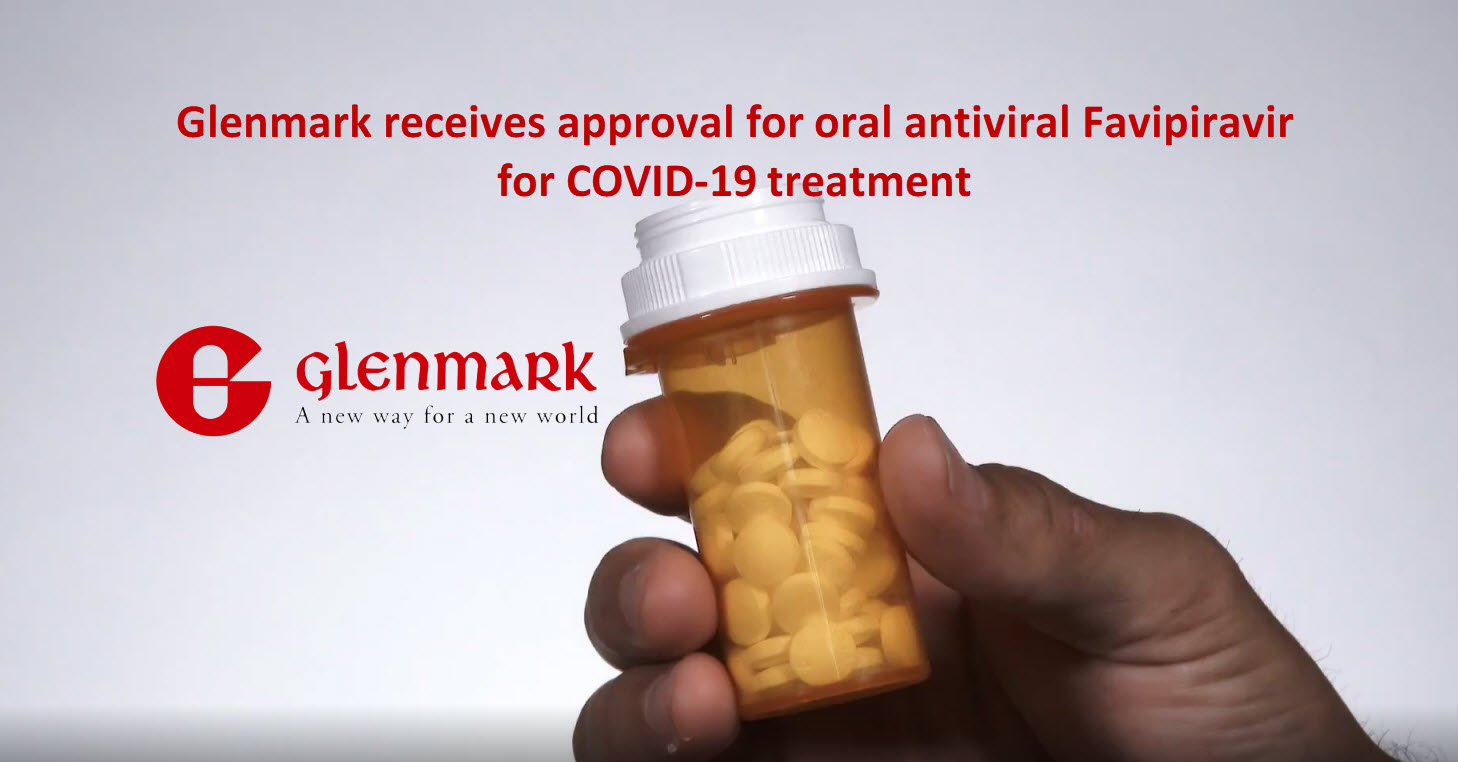
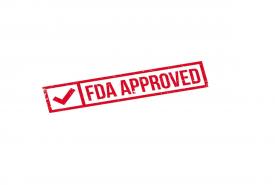
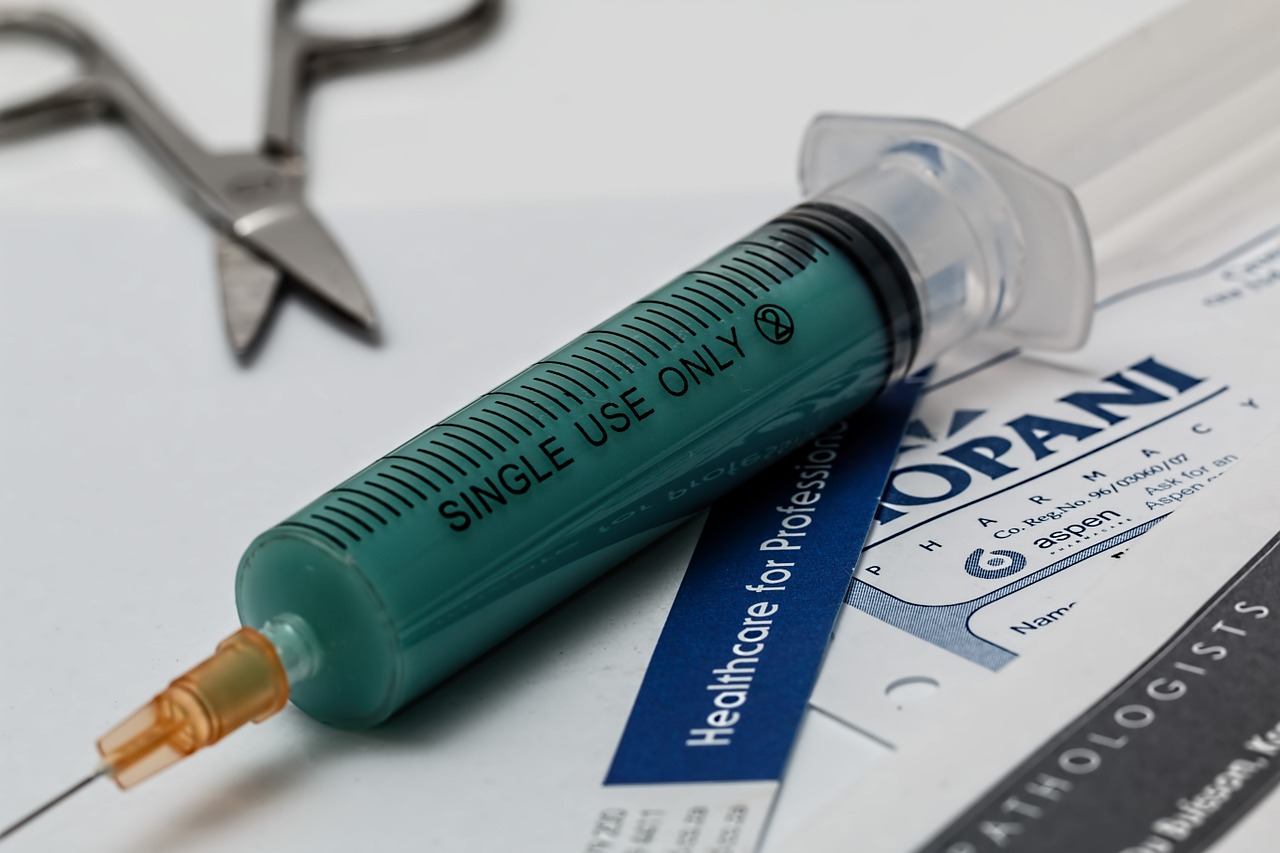


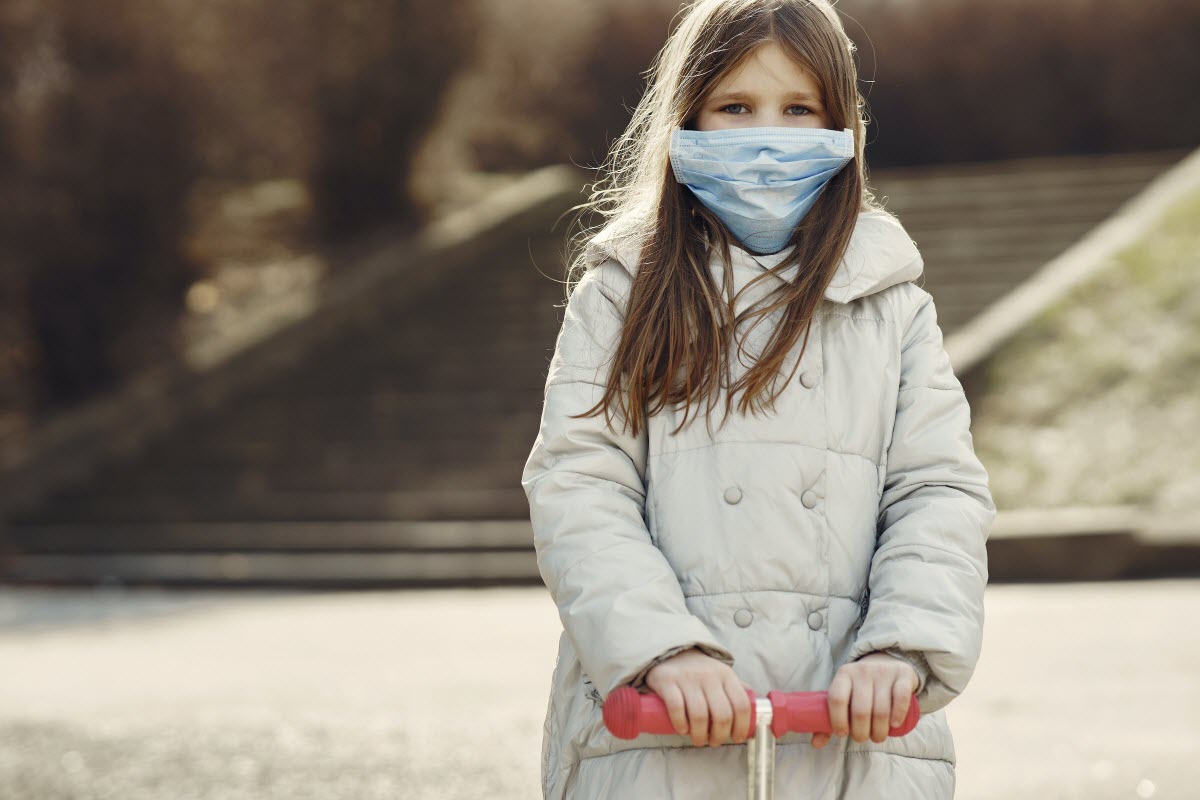




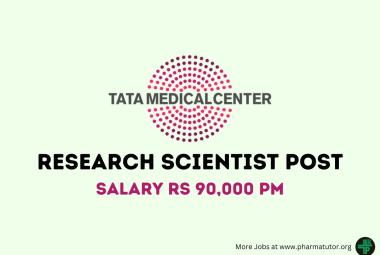



.png)
